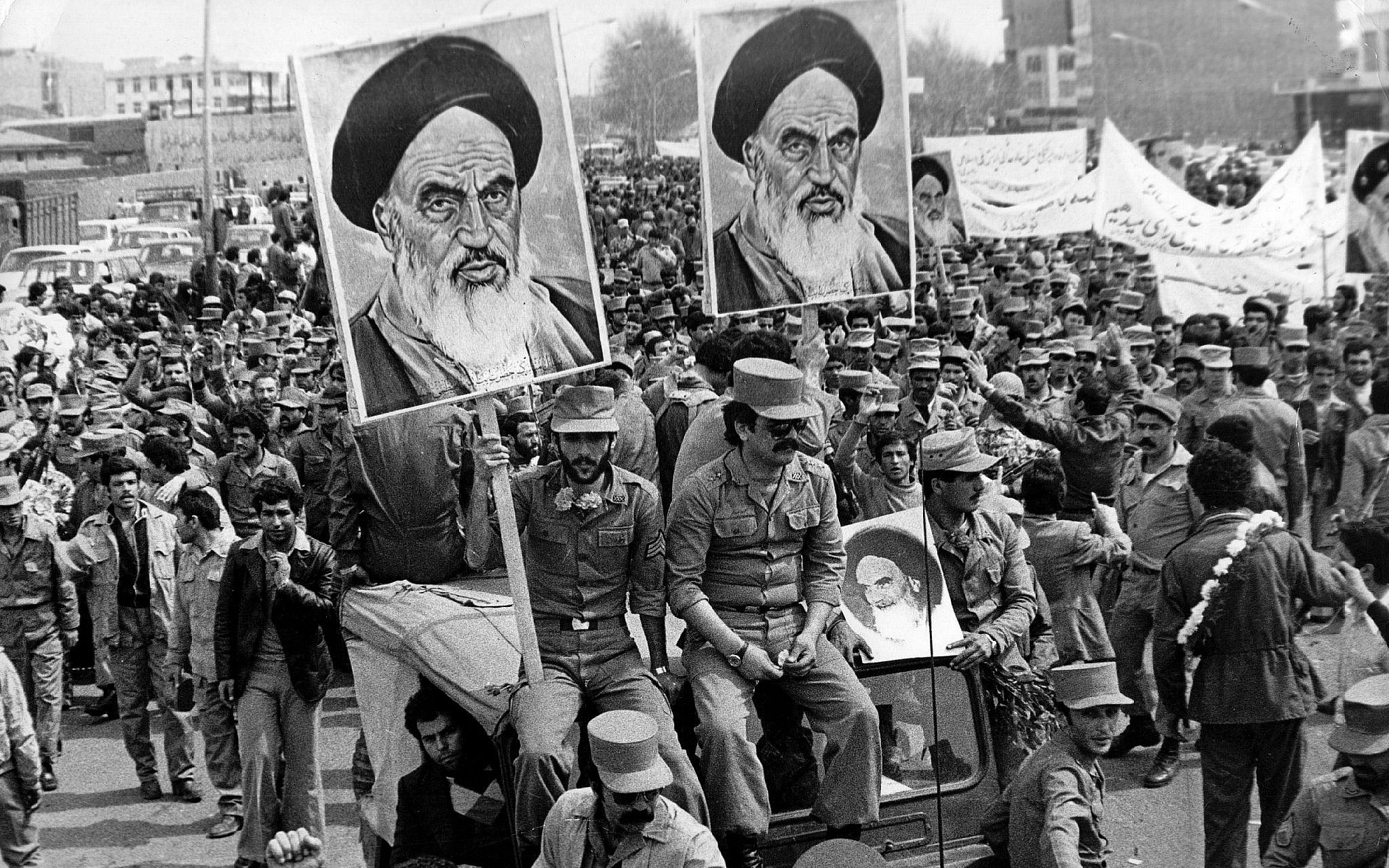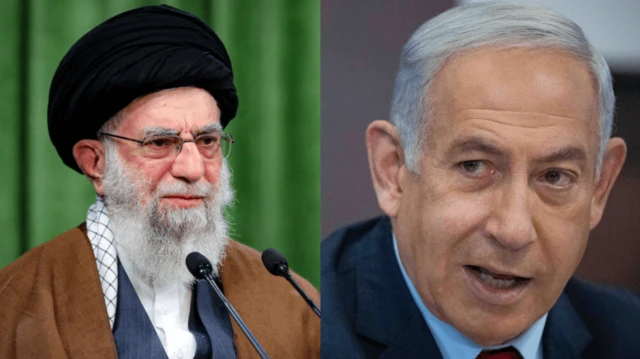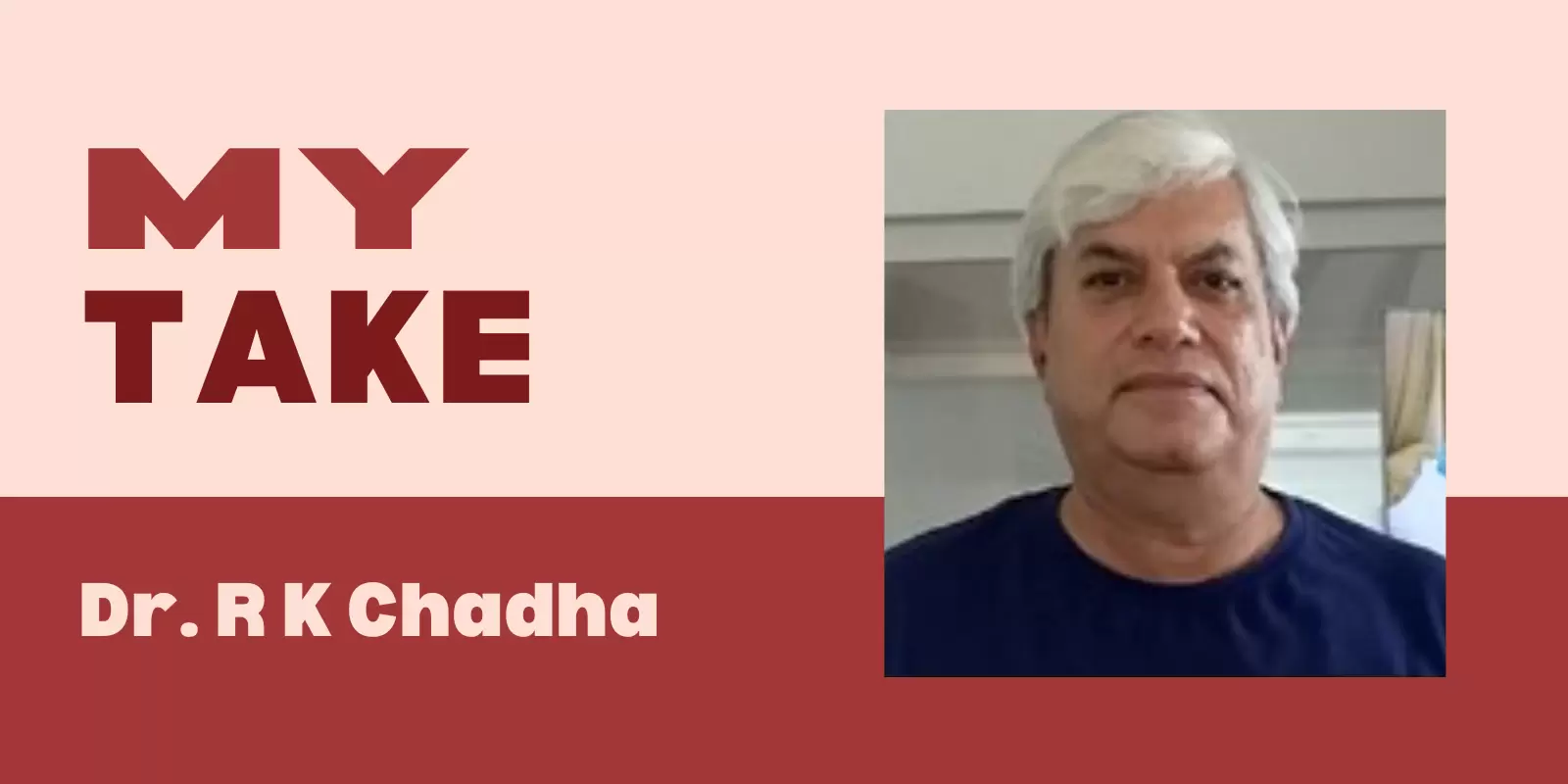Most of the wars are fought over territorial disputes between two neighbouring countries, and a few were fought in the past because of the hegemonic attitude of either an individual (WWII) or countries (Cold War era) with the intention to dominate the world. The Iran-Israel war belongs to neither of them, nor is a war between the people of these two countries. Then why is this war?
We need to understand the complex relationship between Iran and Israel, which is multifaceted, influenced by historical, ideological, and geopolitical factors. Israel is a Jewish country, Iran a Muslim country, and America a Christian, three offshoots of a common Abrahamic lineage that never got along well historically, because of their belief system. Iran, being a Shia country, is considered an enemy in the Arab world, where people are mostly Sunni, though both are Muslims. Elsewhere in the world, Muslims are predominantly Sunni.
Whereas, Iranians are Persians, not Arabs. Persians are an ethnic group of Iranian origin sharing a common language (Persian) and cultural heritage. Zoroastrianism was the dominant religion in ancient Persia, and many Persians were followers of this faith. The Arab invasion of Persia forced Islam on the sword, as it happened in other parts of the world when Islam expanded. But still this religion is practiced worldwide, though by a much smaller number of people that including Parsis in India. Parsis trace their ancestry to Persian Zoroastrians who migrated to avoid religious persecution. Today’s Iranian youth are mostly non-Muslim, and they seek to free Iran from the Islamic Sharia law that is in place.

Iran had no problems with Israel until the Iranian Revolution of 1979, led by an Islamic scholar, Ayatollah Ruhollah Khomeini, who successfully exploited the popular sentiment of many Iranians against the USA and Britain, for orchestrating a coup to dislodge the democratically elected Iranian Prime Minister, Mohammad Mossadegh, back in 1953. What was his sin? Mr. Mossadegh wanted to nationalise the Iranian oil industry controlled by the British since WW1, and effectively retained control over Iran’s oil through the establishment of an Anglo-Iranian oil company. As per the reports in the media United Kingdom’s MI6 and the United States’ CIA engineered the coup and brought Mohammad Reza Pahlavi, popularly known as the Shah of Iran, to power.
Today, the Islamic regime of Ali Hosseini Khamenei, a cleric and a politician, is the second supreme leader of Iran and hates Persian values and culture. It aims to impose Shia teachings of Islam on the Iranian people against their wishes. Anything about Persian culture, like celebrating Nowruz, the Persian new year, reading Persian literature, playing music, or singing, is considered un-Islamic. That is why Israeli Prime Minister Benjamin Netanyahu is repeatedly stressing that they do not want to harm the Iranian people during the war. He insists that the war is with the brutal dictatorship of the mullah regime of the Islamic Republic of Iran, bent upon eliminating Jews from the face of the world as per their belief. For Israel, it is their existential war, as a nuclear-armed Iran would be very dangerous not only for the Jews but also for other non-Islamic countries in the world.

Given the geopolitics of the Middle East, the Islamic regime of Iran intelligently projects the Western powers as evil, and the United States (mostly Christians) as the Great Satan and its extended arm, Israel (Jews), the little Satan and a dagger into the heart of Islamic lands. This greatly helps them in settling scores with their historical enemy, the Sunni Arab states, the caliphs of Islam. Brilliant, it is like killing three birds with one stone! How unrealistic it may be, Iran wants to turn the Islamic world from a mostly Sunni one whose scholars are backed by Arab Monarchs and Dictators into a Shia world led directly by their clerical elites. To achieve this goal, Iran wants to convince the Sunni world that Palestinians are homeless today because of Israel, the evil Jews, and all wars fought by Arabs to provide a homeland to Palestinians have been lost. By taking on Israel, single-handedly, Iran is presenting itself a hero in the eyes of the Arab people in the hope of becoming the unchallenged Caliph of the Islamic world.
Cut to 2025. In the present Iran-Israel conflict, the following four players are involved.

Israel: Like any other country, security is a major concern, especially with direct neighbours, because it is a settler country amid a hostile region. Israel’s priority is to remain a strong power in the Middle East on its own as well as with its unbreakable relationship with the US. So, its military superiority is crucial. Israel is the only nuclear power in the Middle East, and it wants to make sure it stays that way. Iran, with a strong military, has great ambitions to become a nuclear power in the region; this threatens the status quo and explains the Israeli hostility toward Iran.
United States: The US primary interest in the region is oil and its hegemony over the region. The US has tried its best to break a hostile Iran by isolating it from the world with economic sanctions, but that hasn’t worked. Iran remained a powerful country with a strong military, with its influence stretching to the Mediterranean. In recent years, another fear that has appeared is the cozying up of Iran with China. This is seen as a threat to US interests as it has several naval bases in the region. As a reaction to this threat US is forced to offer an olive branch to Iran by suggesting talks on the nuclear issue while supporting Israel, indirectly.
Iran: For the Islamic regime of Iran, Israel does function as a means to win legitimacy in the eyes of Muslims in the Sunni Arab world and claim its rightful place as the real Caliphate of Islam. Among Arabs, Israel is hated more than anything else for obvious reasons, but in the last few years, this is slowly changing after the Abraham Accords. These accords are a series of US-brokered agreements to normalize relations between Israel and several Arab nations, primarily the United Arab Emirates and Bahrain in the Middle East and Morocco and Sudan in Africa. There are waves of change even in Saudi Arabia under Mohammad Bin Salman Al Saud. So, Iran sees this as an opportune time, and it is in its interest to trigger a war either directly or through its proxies like Hamas, Hezbollah or Houthis by funding and equipping them with military hardware.
Palestinians: They aren’t real players with no power whatsoever. But it is interesting to see what their role is in Arab politics. The single biggest concern for the Palestinians since the late 1960s, in terms of foreign policy, has been the growing American footprint in the region, which they don’t like. Palestinians were the only people in the Arab world who cheered Iran when the anti-American Iranian revolution happened in stark contrast to the Saudis and Iraqis’ subdued reactions. The PLO has been championing the 1970s industrialization of Iraq and was the only one to protest when the Arabs called on the UN to interfere in Saddam’s invasion of Kuwait in 1990. So, from the Palestinians’ perspective, the rise of Iran is a positive development for them and the idea to have a strong Iran, like a strong Iraq of the 1980s, would help in changing Israelis policies toward them.
In today’s chaotic world, there is a question in everybody’s mind: Will there ever be a world without wars? To answer this, I quote Leo Tolstoy, As long as there are slaughterhouses, there will be battlefields. A vegetarian diet is the acid test of humanitarian. Draw your conclusions.




